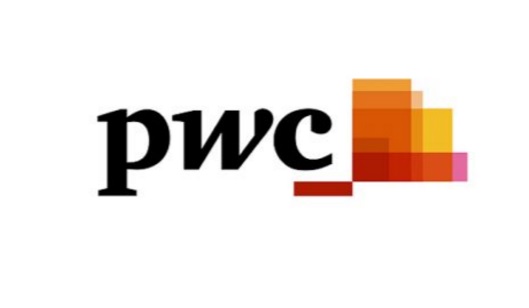
Daily fantasy sports companies like FanDuel and DraftKings must pay federal excise tax on their entry fees, the IRS has decided, in an internal memo that could cause a major shakeup in the industry.
An IRS Chief Counsel Memorandum said those companies must pay tax on every wager—the entry fee—they accept as well as an annual occupational tax on each person accepting those wagers. Those taking wagers must also register with the IRS.
“This is one of the most significant events in the evolution of sports betting in the United States that has happened in a long time,” said Kate C. Lowenhar-Fisher, a Nevada-based gaming attorney at Dickinson Wright PLLC.
It could mean fantasy sports companies would face millions of dollars in taxes if they haven’t been paying and are challenged by the IRS. The taxes due could be “potentially business-destroying” in some jurisdictions, Lowenhar-Fisher said.
The daily fantasy sports industry generated $3.2 billion in entry fees and about $335 million in total revenue in 2018.
The memo isn’t binding in court but does signal the agency’s position in audits.
The memo is “deeply flawed in its analysis,” DraftKings CEO Jason Robins said on an earnings call Friday.
“Our position continues to be, which we believe has been reaffirmed through state legislatures and courts throughout the country, that DFS is not wagering,” he said. “We believe that the arguments at the federal level are incredibly strong.”
DraftKings shares fell 6.8% to $33.59 at 10:36 a.m. in New York.
FanDuel said it is aware of the issue and looks forward to working with the IRS. FanDuel declined to comment on the financial implications of the memo.
Tax Consequences
Daily fantasy sports are online games that let fans—in exchange for an entry fee—compete for cash prizes contingent on the performance of the professional athletes they select in their fantasy line-up.
The memo says the IRS considers the entry fees to meet the definition of a wager under the tax code.
The amount of federal excise tax owed differs based on whether the wagers are legal in the states in which they’re accepted, according to the IRS.
Legal sports wagers are subject to an excise tax of 0.25% on the amount wagered and an annual occupational tax of $50 for each person accepting wagers. Illegal wagers are subject to an excise tax of 2% on the amount wagered and the annual occupational tax increases to $500 per person accepting wagers.
It’s significant that the tax applies to the wagers themselves, as opposed to revenue, Lowenhar-Fisher said.
“A 2% tax on handle can roughly equate to like a 20% tax on revenue,” she said, basing the figures on her experience dealing with companies in Nevada. Handle is the amount of money accepted in wagers.
In addition, companies could be looking at large late payment penalties for taxes they didn’t previously pay, she said.
Legal Challenges
Gaming attorney Daniel Wallach of Wallach Legal LLC pointed out that the memorandum is at odds with a previous court ruling from the U.S. District Court for the District of New Jersey, which could be something companies use to challenge the IRS.
The court’s 2007 ruling in Humphrey v. Viacom held that entry fees for fantasy sports were outside the definition of a bet or a wager, though that case focused on traditional, season-long fantasy games.
The industry was recently at the center of a New York legal battle in White v. Cuomo, when an appeals court ruled that fantasy sports contests are illegal gambling.
Lots of Zeros
The IRS in the memorandum notes that the companies can’t get out of paying the tax, even if a state has decided daily fantasy sports are a “game of skill,” as opposed to gambling. The agency notes that some states use this label to decriminalize the activity under state law.
The potential bill won’t be cheap for people who may have been skipping out on those taxes.
“You’re talking about lots of zeros in liability, lots of zeros,” said Marc W. Dunbar, a shareholder at Florida-based law firm Dean Mead.
To contact the reporters on this story: Allyson Versprille in Washington at aversprille@bloombergtax.com; Sam McQuillan in Washington at smcquillan@bloomberglaw.com






















